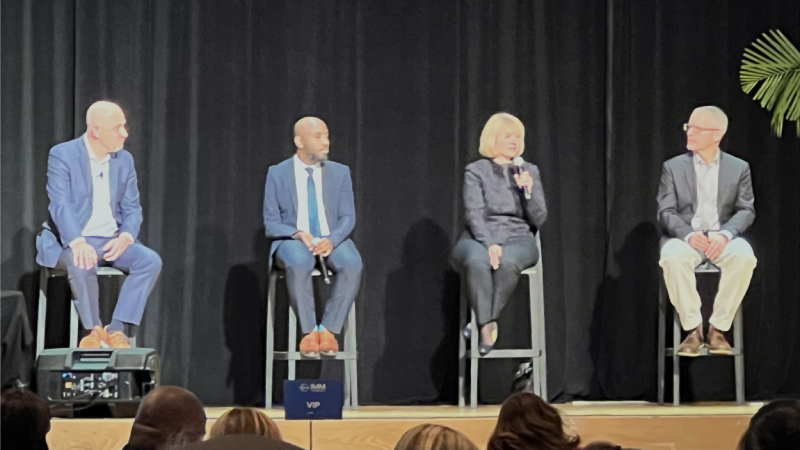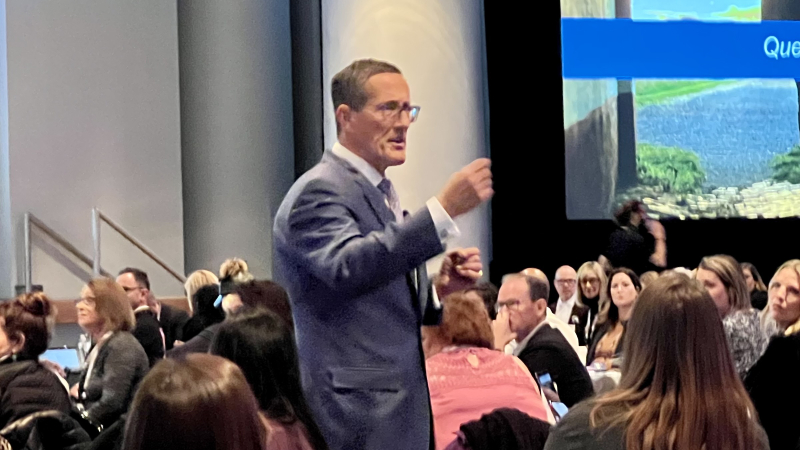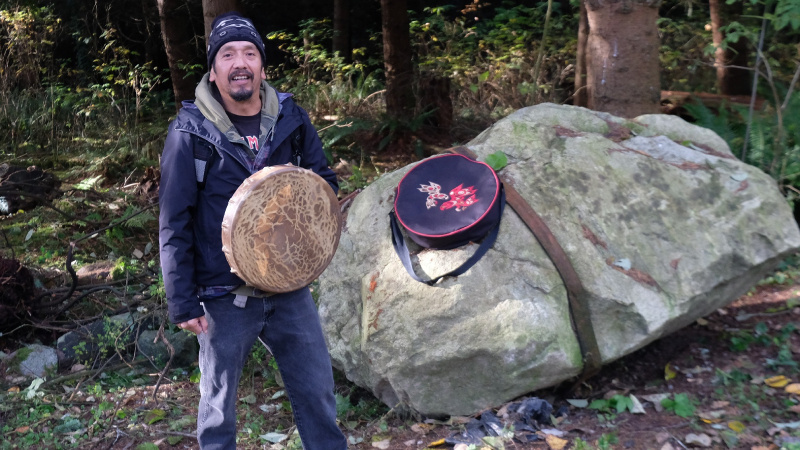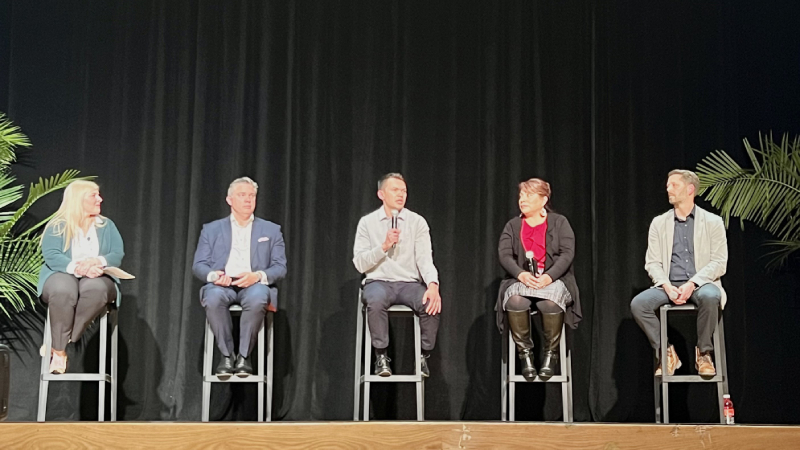Tourism numbers in Australia and Fiji are surging. Indigenous tourism is on the rise. And sustainable travel is still something everyone's trying to figure out.
The TravMedia Summit was held on 25JAN in New York City as part of the TravMedia International Media Marketplace, which took place at the Jacob K. Javits Convention Centre in west Manhattan and features appointments between hundreds of Canada and U.S.-based media representatives and officials representing major destination marketing organizations, cruise companies, hotels and other travel industry representatives.

Here are some highlights about what's happening globally and what's shaping travel this year:
Fiji:
Brent Hill, CEO of Tourism Fiji, said the Pacific nation has had an “incredible” year, and that December set a record for visitation. Fiji had roughly 636,000 visitors last year, which exceeded all forecasts, he said. Tourism officials expect 700,000 to 800,000 visitors next year.
“Come for the islands, leave with a love of the Fijian people,” Hill said.
In addition to direct options on Fiji Airways from Los Angeles and San Francisco, there also are direct flights from Vancouver, he added.
Australia:
Chris Allison, Regional General Manager, North America for Tourism Australia, said tourism numbers should reach 2019 levels by next year, and that pre-pandemic numbers should be exceeded by 2025.
Two big factors are safety and security, Allison said. Iconic sights such as Uluru/Ayers Rock and the Sydney Opera House don’t hurt.
“Global travellers are demanding sensory, adventure, nature and heritage-based experiences,” he said, trends that Australia can definitely deliver. An indigenous culture that dates back 60,000 years also is a big draw for The Land Down Under.
Fort Lauderdale:
Camila Clark, Senior VP, Marketing & Communications for Visit Lauderdale, told the audience that bFort Lauderdale is home to people from 170 countries.
“Diversity is truly in our DNA,” she said .
One of the key issues addressed during the day’s panel talks was sustainability. It’s something that everyone in the industry likes to talk about, but it’s not clear how much consumers are really committed to the concept.
California:
Ryan Becker, Vice President of Communications for Visit California, said a recent poll found that 90% of respondents feel sustainable travel is important. But 74% of those surveyed said they weren’t willing to pay for a more sustainable travel experience.

Richard Quest on Overtourism
CNN’s Richard Quest, who was the lunchtime speaker, talked about the wonder that is modern travel and joked about being a member of the group "Ban Babies in Business Class." Actually, babies aren't a problem except when a plane is landing, he pointed out. It's really the two and three-year-old kids you have to watch for, he said.
Quest, who's a terrific speaker, said the biggest failure of the travel industry during the pandemic was a failure to address over-tourism.
Showing a photo of a street in Rome packed with visitors, Quest said tourism “is back to the way it was."
Quest also said destinations around the world are increasingly suggesting that their focus is on the quality of visitors, not the quality. That sounds great, he said, but many world destinations still have to cater to young backpackers to keep tourism/travel businesses from going under.
Sonoma:
Claudia Vecchio, CEO of Sonoma County Tourism, said sustainable tourism is an imperative in her part of California.
“For us, it really is about quality versus quantity,” she said. “We hope to attract visitors who want to leave the destination a better place than they found it.”
Barbados:
Eusi Skeete, Director USA, Barbados Tourism Marketing Inc., said Barbados wants to set aside 30% of the island as a Marine Managed Area. There's also a goal to plant a million trees, he said.

Indigenous Tourism
Indigenous tourism was the final panel talk of the day.
Sherry Rupert, CEO of AIANTA (American Indian Alaska Native Tourism Association), said American indigenous tourism groups don’t have the kind of government support that their Canadian counterparts get. She also said indigenous tourism is important for reasons that go beyond economics.
“Even more important is the perpetuation of our culture,” said Rupert, who’s from Nevada and is of Pauite/Washoe heritage. “We have our stories, we have our people, we have our art to share.”
Ryan Rogers, Communication Specialist for the Indigenous Tourism Association of Canada, said indigenous tourism provides “a space where indigenous people can be proud of who they are.”
“It hasn’t always been cool to be indigenous,” he noted.
Tom Babin, Marketing Director for Indigenous Tourism Alberta, said the recent issues with missing children from residential schools in Canada has put a focus on indigenous tourism and culture.
“It’s time to pay attention,” he said.
Rupert suggested it’s good business to look at indigenous tourism opportunities south of the border.
“Visitors to this country are looking for something else. They’re looking for a deep dive. They’re looking for something authentic.”







